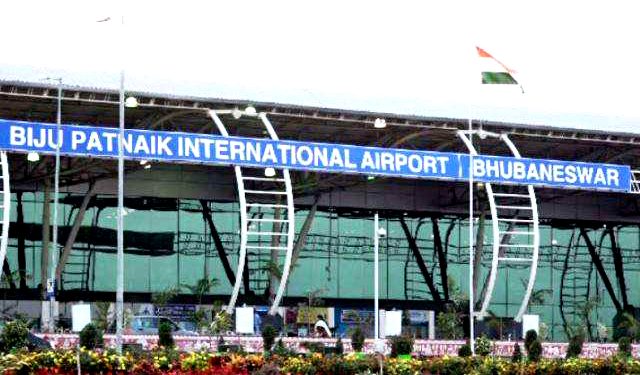Bhubaneswar: With around 60 people dentified to have returned to the state from the United Kingdom in the past fortnight, Odisha government Thursday asked the authorities to undertake intense surveillance, contact tracing, RT-PCR test and genome sequencing of all incoming passengers, official sources said.
Also read: Orissa High Court rejects Pradeep Sethy’s ‘double jeopardy’ writ petition
Additional Chief Secretary, Health and Family Welfare, PK Mohapatra in a letter to all district collectors, municipal corporations, chief medical and public health officers said that the surveillance, contact tracing and tests of persons who have returned from the UK is essential as the mutated strain of SARS-CoV-2 have higher transmissibility as compared to the earlier strains.
It is therefore requested to undertake intense surveillance, contact tracing, RT-PCR test of all incoming passengers from the UK as well as all the persons coming in contact with them to prevent the spread of the mutated COVID-19 virus in the state, Mohapatra mentioned in the letter.
Attaching the list of incoming persons to Odisha from the UK in the letter to the authorities, he stressed on the genome sequencing of SARS-CoV-2 samples collected from the returnees.
The state government also issued a guideline for the purpose.
Stating that all incoming passengers will be subjected to RT-PCR test, Mohapatra said it will be certainly followed by genome sequencing at the designated laboratories.
Genome sequencing predicts the risk for a certain disease.
Institute of Life Sciences of Bhubaneswar has been declared as the designated laboratory for SAS-CoV-2 genome sequencing, he said and issued a guidance document for sample collection, storage and transport and sequencing.
Meanwhile, the 34-year-old male UK returnees genome sequencing done at the Regional Medical Research Centre (RMRC) under ICMR gave a negative result.
Debdutta Bhattacharya, scientist of RMRC, Thursday said the preliminary diagnosis has detected that the 34-year- old returnee is not infected with the new contagious strain of coronavirus found in the UK.
However, the RMRC has decided to send the patients sample to the National Institute of Virology (NIV), Pune, for further confirmation. The returnee had reached the city on December 18 and was admitted to the COVID-19 hospital.
The man had tested positive to COVID-19 after a test done at a private laboratory in the city.
Commissioner of Bhubaneswar Municipal Corporation P C Chaudhary said the patient has been undergoing treatment in the hospital and swab samples of his family members tested negative to COVID-19 infection.
The head of Directorate of Medical Education and Training Prof CBK Mohanty said there seems to be no second wave of the pandemic in the state.
Director of ILS, Bhubaneswar, Ajay Parida said the institute is among the five national-level research laboratories in the country that will carry out genome sequencing of mutated strain which is identified in the UK.
The other institutes are Institute of Genomics and Integrative Biology, New Delhi, Centre for Cellular and Molecular Biology, Hyderabad, National Institute of Virology Pune and InStem-NCBS, Bangalore.
PNN/Agencies






































